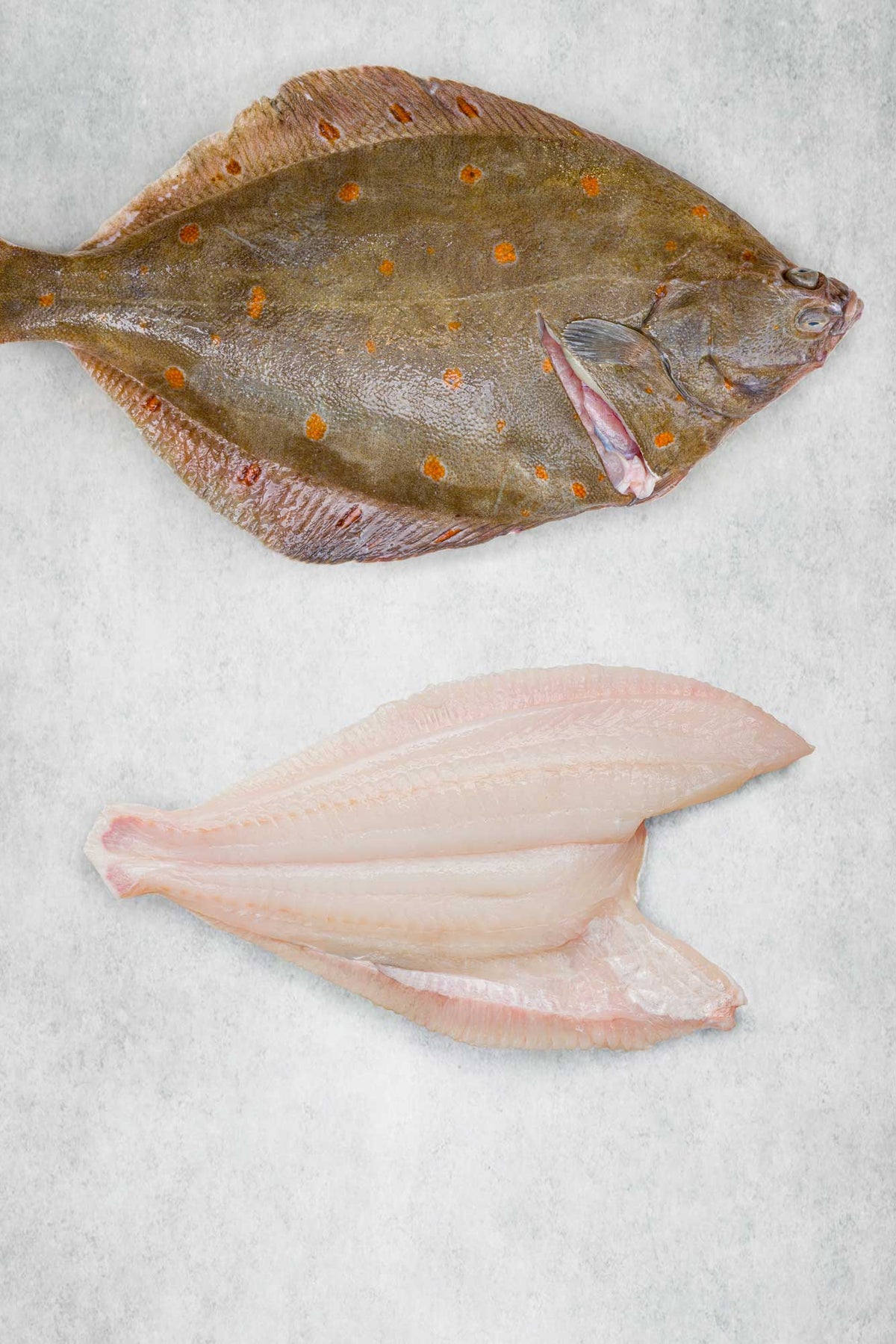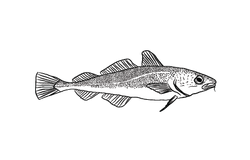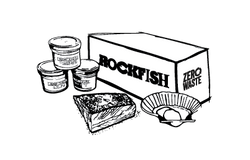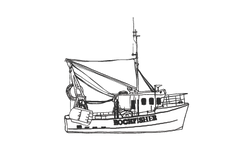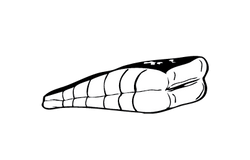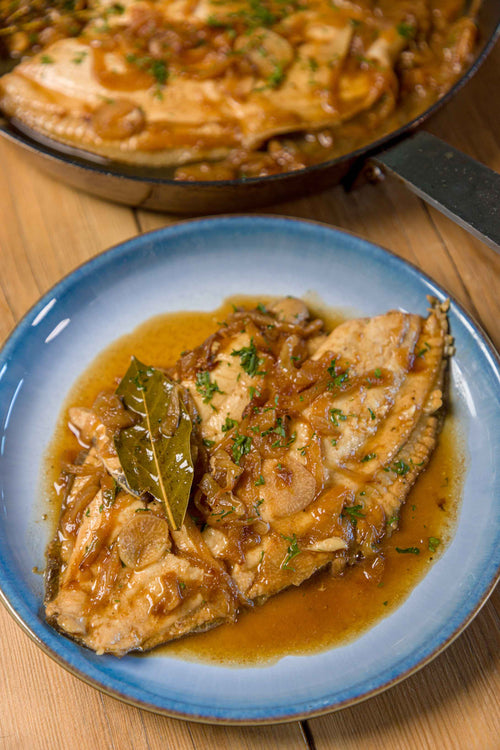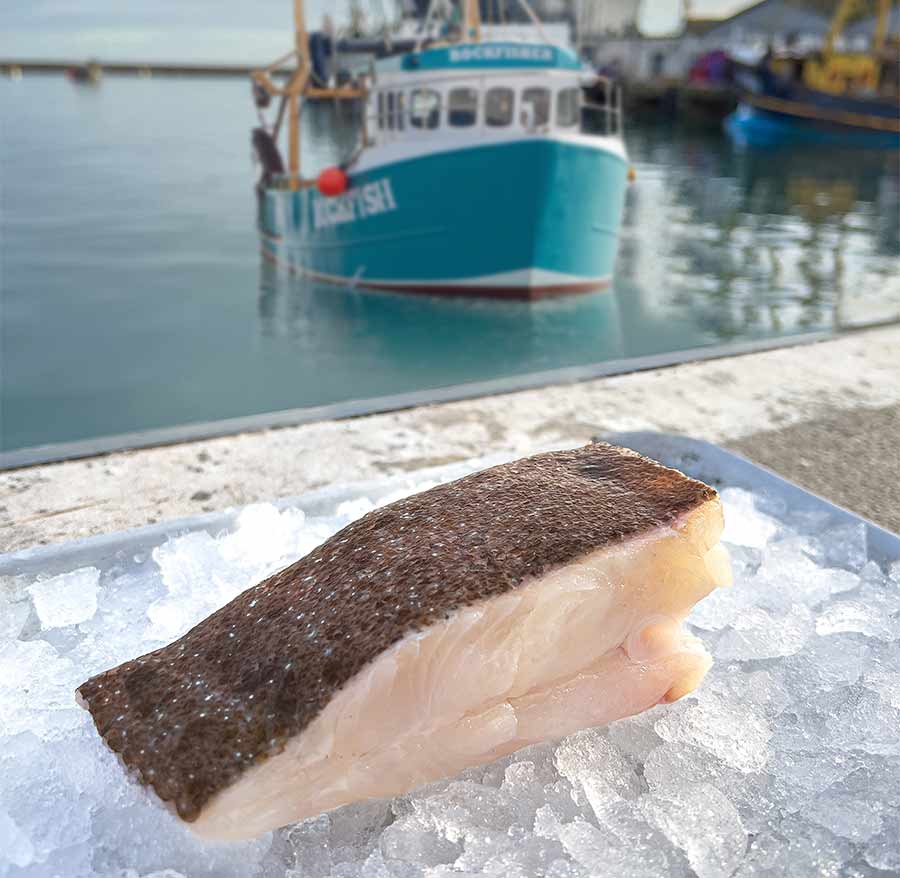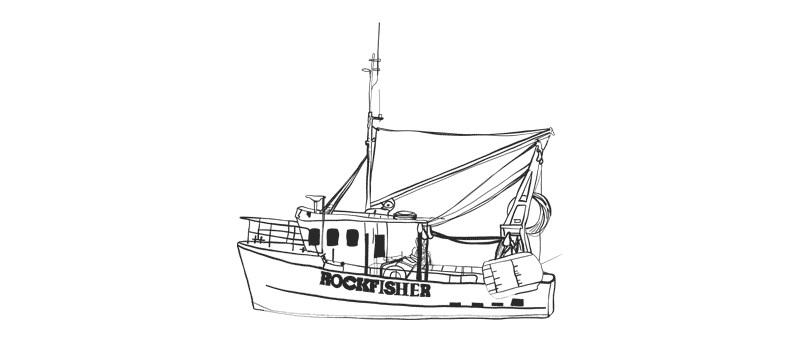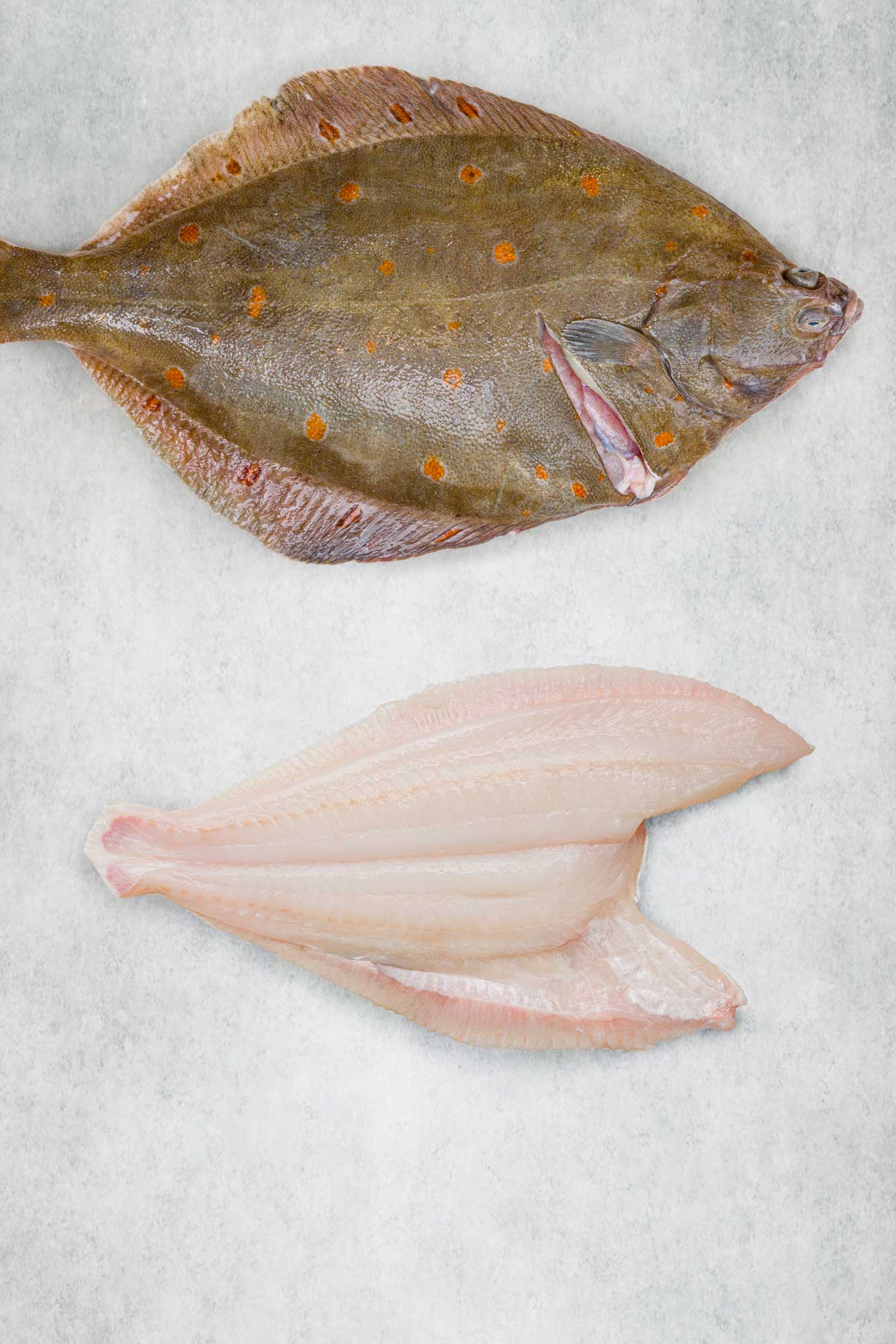
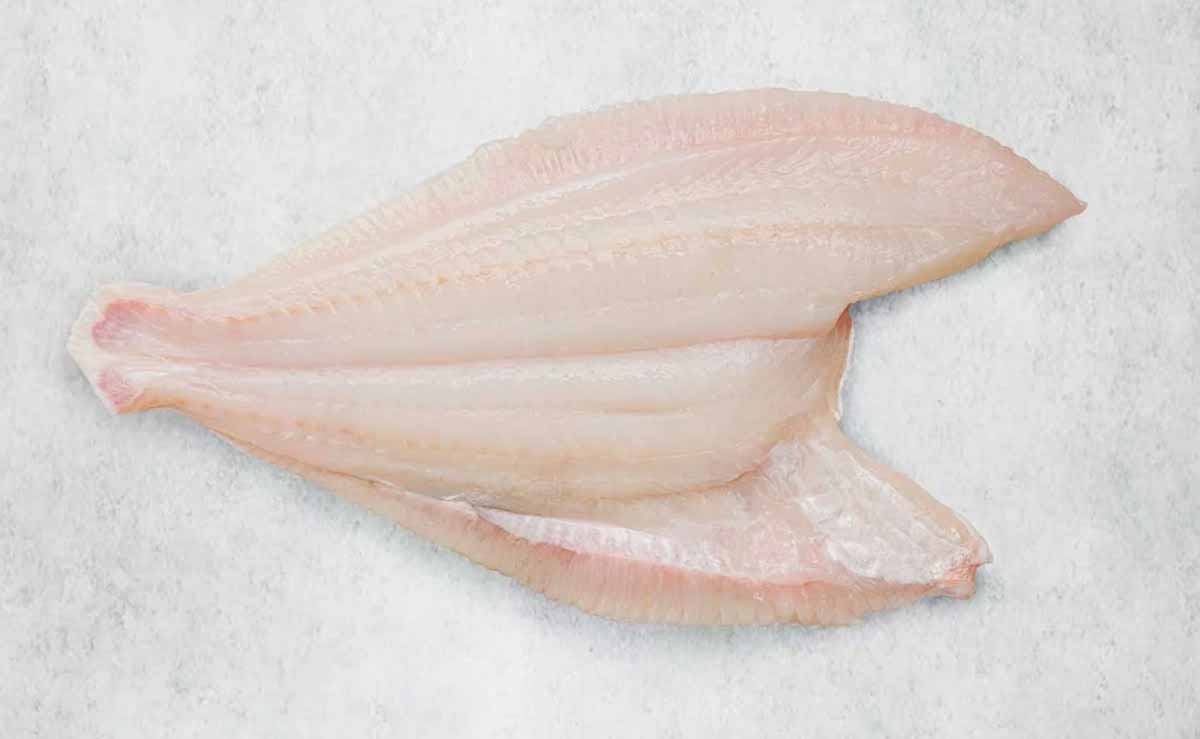


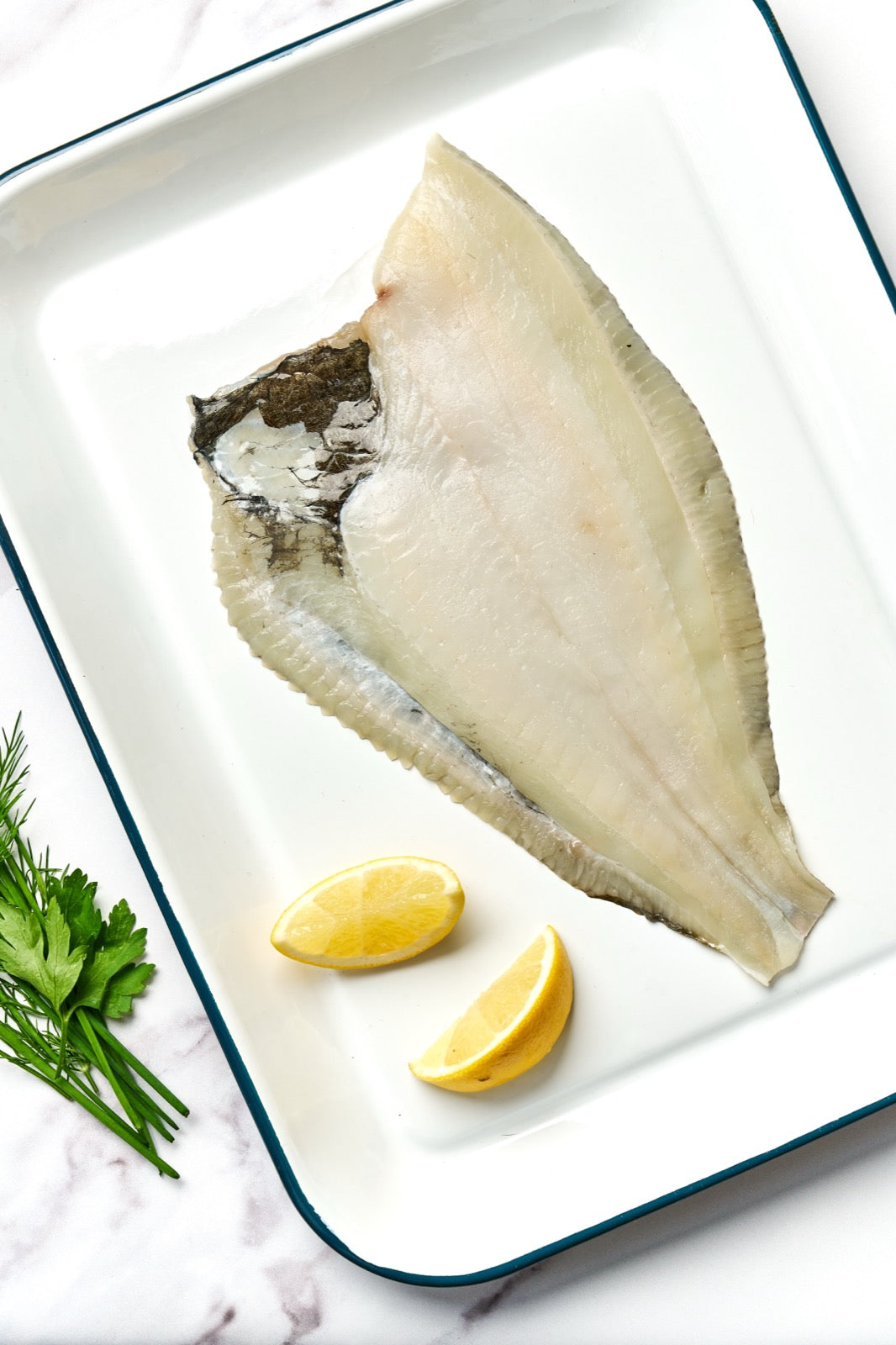
About Plaice Fillet - Frozen
Plaice is a soft ivory white fish with a juicy fine texture and a slightly peppery taste. It has small tightly packed flakes that retain the natural juices of the fish.
Plaice Fillet - Frozen
A bright start to the week on the quayside. Trout and hake are the first things to look at, both landing well, and the monkfish and gurnard are in good shape too. It is a tidy Monday market with some strong fish to build around.
With 2,200 portions across 19 species, there is enough choice without it feeling crowded. A good morning to top the fridge up and get the week moving. Eat better fish.
Carpe piscem!

Call: 01803 224 719
Monitored weekdays 9am–4pm
WhatsApp
Monitored weekdays 9am–4pm
Monitored weekdays 9am–4pm
